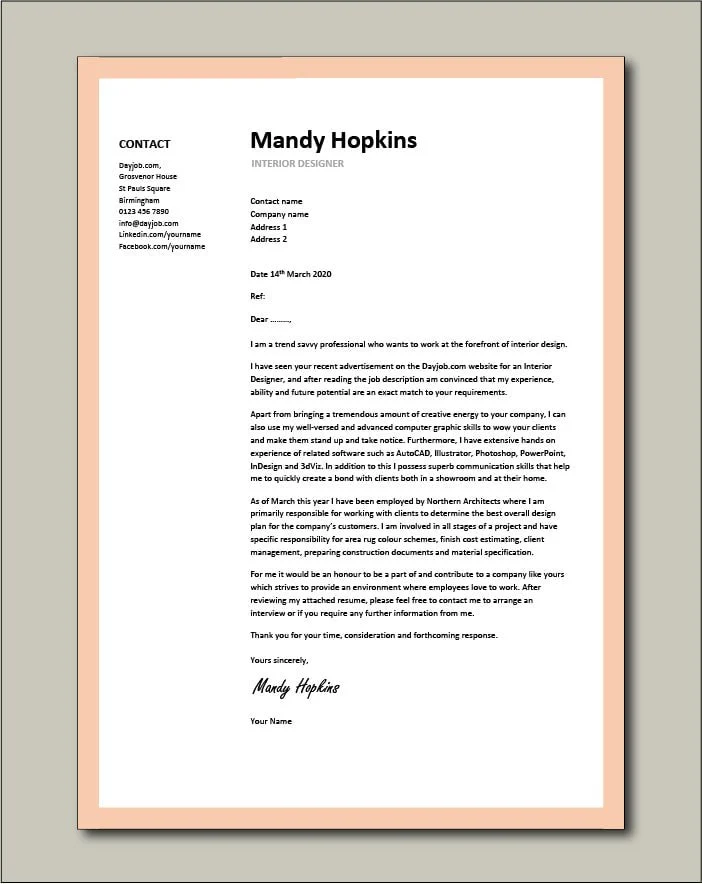Applying for a bursary can feel overwhelming, but one of the most important parts of your application is the motivational letter. This is your chance to stand out from hundreds of other applicants and show why you deserve financial support.
A bursary is a financial award given to students who cannot afford full tuition fees or to those who have performed exceptionally well academically. Selection is often based on a mix of academic performance, financial need, leadership qualities, and community involvement.
Because bursary providers receive so many applications, your motivational letter needs to be honest, compelling, and well-structured. Think of it as your personal story—explaining why you need financial help and how the bursary will benefit your studies and future career.
Why is a Bursary Motivational Letter Important?
Your bursary motivational letter works much like a cover letter for a job application. It gives you a platform to:
- Share your personal story and financial background.
- Highlight your academic achievements and career goals.
- Show the bursary committee that you are a worthy investment.
This is not the place to copy a generic template—you must show genuine need and passion. Providers often base their decisions not just on academic merit but also on how much impact their support will have on your life.
Top Tips for Writing a Strong Bursary Motivational Letter
When drafting your letter, keep these tips in mind:
- Be genuine – Explain your financial situation honestly.
- Include your institution and course – Mention where and what you are studying.
- Highlight your goals – Share both your academic and career aspirations.
- Make it personal – Avoid generic statements; speak about your journey.
- Show commitment – Reassure the provider that you’ll meet all bursary requirements.
- Stay professional and polite – Your tone should reflect respect and gratitude.
- Attach supporting documents – Academic records, proof of financial need, and references.
- Stay formal but approachable – Professional doesn’t mean robotic—write as though speaking directly to the reader.
- Be precise – Keep sentences short and to the point.
- Proofread carefully – Errors can make your letter look rushed or careless.
Step-by-Step Guide to Bursary Writing Your Letter
1. Start with the Header
At the top left of your letter, include:
- The bursary provider’s name and address.
- The date.
- Your full name and contact details.
2. Greeting the Recipient
Use one of these greetings:
- Dear [Name of person reviewing applications] (best option if you know the name).
- Dear Sir/Madam
- To Whom It May Concern
3. Opening Paragraph – State Your Purpose
Your introduction should be short and direct. Clearly state:
- The bursary you are applying for.
- Your course and year of study.
- Why you are applying.
Example:
“I am applying for the [Bursary Name] to support my Bachelor of Science degree in Engineering at [University Name] for the 2025 academic year. This bursary will enable me to continue my studies despite financial challenges.”
4. Second Paragraph – Your Education & Achievements
Talk about your current studies, academic results, and any achievements (awards, leadership roles, community service). Keep it concise.
5. Third Paragraph – Career Plans & Financial Need
Explain your career goals and how the bursary will help you achieve them. Mention financial constraints briefly but focus more on your vision for the future.
Example:
“My goal is to qualify as a Chartered Accountant and contribute to South Africa’s financial sector by helping businesses grow responsibly. This bursary will not only ease my financial burden but also allow me to dedicate myself fully to my studies.”
6. Closing Paragraph – Gratitude & Commitment
End your letter by thanking the provider for considering your application and assuring them of your commitment to making the most of the opportunity.
Example:
“Thank you for considering my application. I am committed to maintaining high academic standards and using this opportunity to contribute positively to both my field and my community.”
Sign off with:
Sincerely,
[Your Name]
Extra Tips for Success
- Avoid filler words: Replace words like “really” or “just” with stronger alternatives.
- Be specific: Mention organisations you’d like to work for or problems you’d like to solve.
- Show the bigger picture: Highlight how the bursary will help you contribute to society.
- Believe in yourself: Confidence translates through your writing—if you believe you deserve it, the committee will too.
Final Thoughts
A bursary motivational letter is your chance to share your story, dreams, and determination. Keep it professional yet personal, be honest about your financial need, and clearly show how the bursary will help shape your future.
Remember: Committees want to invest in students who not only need financial support but also show potential to succeed and give back.
With these tips, you’ll be ready to write a motivational letter that sets you apart from the crowd.

